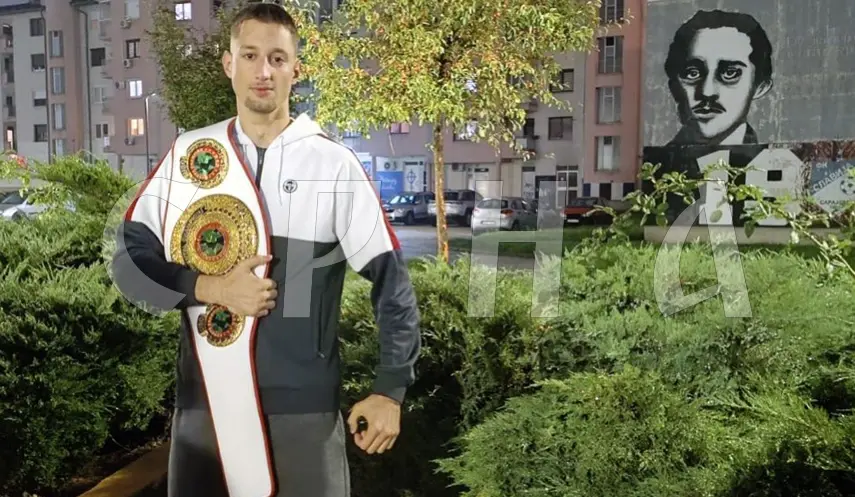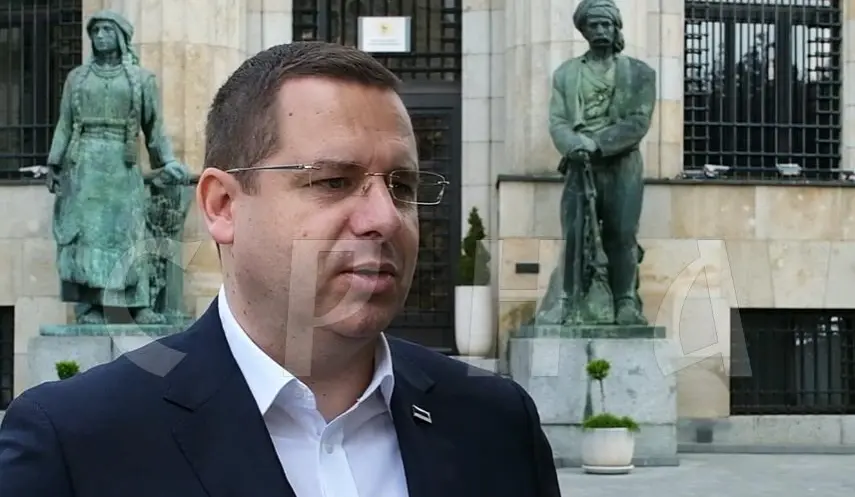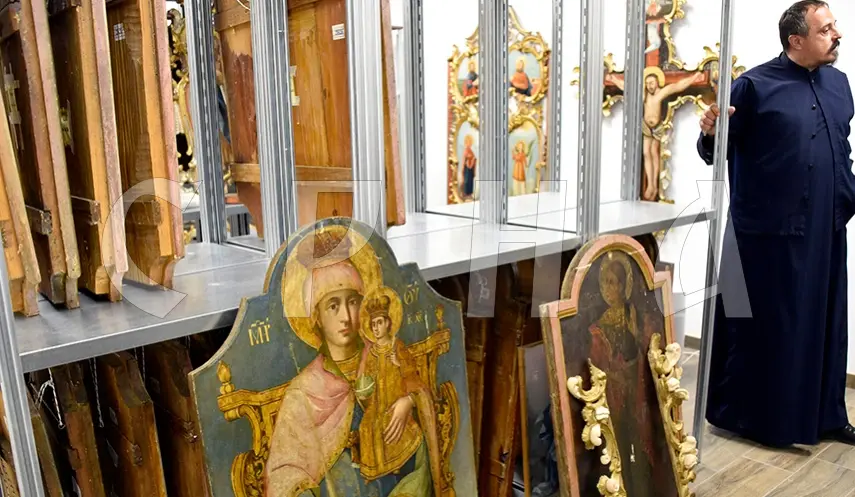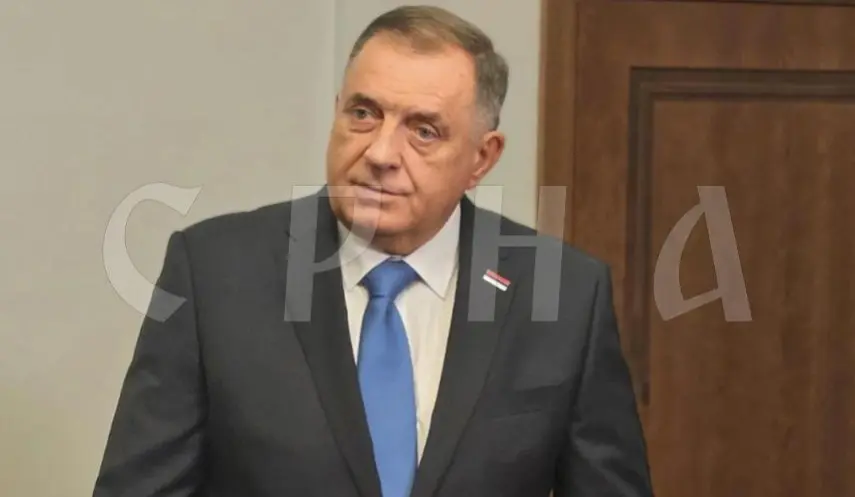LOZO: SRPSKA DOES NOT NEED FOREIGN APPROVAL FOR A NEW CONSTITUTION, THE REPUBLIC WAS CREATED AS A RESULT OF A CULTURE OF REMEMBRANCE
Republika Srpska - SRNA - podcast
04/18/2025
13:45

BANJA LUKA, APRIL 18 /SRNA/ - Historian Predrag Lozo told SRNA that the new Constitution of Republika Srpska should further strengthen the separation of legislative, judicial, and executive powers, noting that over the past three decades the document has undergone changes that were not in line with democratic principles, adding that there is no need to pay attention to the opinions of foreigners, as those from the West have never had good intentions toward the Serbs.
"It is important that we reflect on the democratic potential, legitimacy, and legality of Republika Srpska's institutions. We must view the adoption of a new Constitution through that lens of continuity and not succumb to the absurdities that exist in BiH. Someone now even wants to prosecute certain individuals just for proposing a public draft of the Constitution," Lozo explained on the SRNA podcast.
He says that Serbs have always suffered whenever they lacked institutional protection.
In that context, ahead of the commemoration of the 80th anniversary of the breakout of inmates from the Jasenovac concentration camp, Lozo noted that the Donja Gradina execution site remains in Republika Srpska as a symbol and a reminder of the greatest suffering of the Serbian people in history.
"The camp inmates didn’t even reach Jasenovac, but were taken to Gradina and killed in the most horrific ways. There alone we have 105 mass grave fields. History willed it so that the largest execution site of Serbs, Donja Gradina, remained in Republika Srpska," Lozo emphasized.
He says that conflicts in this region have always been the result of historical processes, but also of foreign influence, stressing that during the 1990s, other nations in the former Yugoslavia sought independent states, and the Serbs wanted to ensure that the horrors of World War II and the NDH would never be repeated.
"The creation of Republika Srpska is the best example of how important memory is for a collective. What happened in 1991, when memory brought about historical awareness that crimes like those committed in the NDH - of which Jasenovac is the greatest symbol - could be repeated, was the moment when the Serbian people began to organize themselves," Lozo emphasized.
In the new episode of SRNA’s podcast, historian Predrag Lozo also spoke about the scale of crimes committed in the NDH, the preparation for the genocide against Serbs, and how members of the Ustashe movement became free and respected members of society after the end of the Second World War.
The new episode of SRNA’s podcast, featuring historian Predrag Lozo as a guest, will be available to our service users on our YouTube channel and social media platforms tomorrow from 10:00.

RECEPTION HELD FOR NEW EUROPEAN BOXING CHAMPION IN UBO VERSION

KOVAČEVIĆ: SDS AND OPPOSITION WEREN'T LOOKING FOR PRESIDENTIAL CANDIDATE, BUT FOR SOMEONE WILLING TO LOSE ELECTIONS

BISHOP JOVAN: BISHOP'S PALACE IN PAKRAC HAS RICH CULTURAL LIFE



